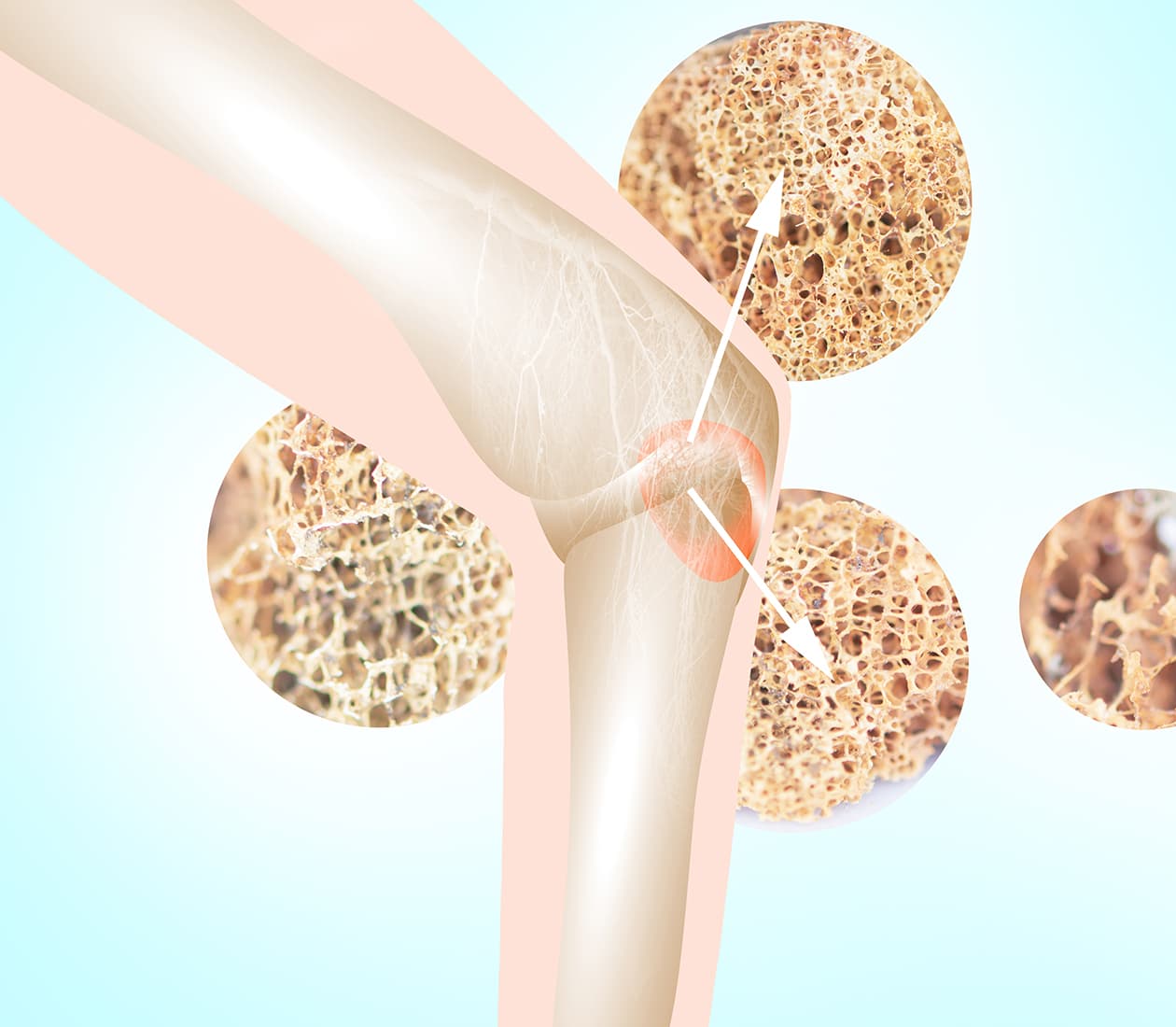
The Multiple Myeloma and Amyloidosis Program at Cleveland Clinic Abu Dhabi provides specialized care and support for people diagnosed with multiple myeloma and other plasma cell disorders, close to home. Our team is experienced in diagnosing and treating a range of different types of plasma call disorders, including amyloidosis, multiple myeloma, monoclonal gammopathy, and others.
Our Multiple Myeloma and Amyloidosis Program is the only center in the UAE dedicated to the care of patients with these closely related, yet distinct conditions. We offer a highly skilled, multidisciplinary team of American- and European-board certified specialists to treat every aspect of the diseases. This includes oncologists, hematologists, neurologists, cardiologists, nephrologists, and pathologists, as well as pain management, palliative care and other specialists who have experience in treating multiple myeloma, amyloidosis and other plasma cell disorders.
The Myeloma and Amyloidosis Program team supports the care of both outpatients and inpatients at Cleveland Clinic Abu Dhabi. We offer a range of embedded services to ensure an integrated and holistic approach to care that goes beyond treating cancer and encompasses every aspect of our patients’ health and wellbeing. Our Lifestyle Medicine Program, the first-of-its-kind in the region, focuses on lifestyle choices and behaviors and their impact on the prevention, management and treatment of diseases like cancer. Our Palliative and Supportive Care Program supports patients and their families at every stage of their cancer journey.

We offer every patient a dedicated team of medical experts to support them, and their family, throughout their cancer journey. The multidisciplinary team meets daily to discuss each patient’s needs, their progress and to decide the best treatment plan. This approach offers the greatest chance of disease remission and a long and healthy life.
Our program offers patients the latest technological advances in multiple myeloma and amyloidosis diagnosis and treatment, which are helping to improve outcomes for patients, providing more targeted and effective treatment options with fewer side effects.
In addition, our program remains committed to cancer research and innovation, participating in clinical trials and the development of new treatments for multiple myeloma, amyloidosis and other plasma cell disorders.

Multiple Myeloma is a cancer which begins in a plasma cell, a type of disease-fighting white blood cell, that usually produces antibodies to help you fight infections. In multiple myeloma, cancerous plasma cells collect in the bone marrow and produce proteins rather than antibodies, which causes complications.
The Multiple Myeloma and Amyloidosis Program treats a range of myelomas, and other plasma cell disorders including:

Cancerous plasma cells produce abnormal proteins which cause tissue damage. The signs and symptoms can vary and sometimes, early on, there may be none.
If they do occur, the symptoms can include:
Always see your doctor if you notice any ongoing signs or symptoms that you are worried about.
Doctors aren’t sure what causes multiple myeloma, but they know that it begins with an abnormal plasma cell within your bone marrow. Over time, they accumulate and produce abnormal antibodies, (called monoclonal proteins, or M proteins) which the body can’t use, leading to problems such as damage to the bones or kidneys.
Multiple myeloma usually begins as a condition called monoclonal gammopathy of undetermined significance (MGUS). This is marked by the presence of M proteins, but in MGUS they do not cause damage to the body.
Symptoms will depend on the organ involved. It may present with symptoms of:
Other risk factors can include:

Multiple Myeloma is often diagnosed when a blood test is done for another medical complaint. It can also be detected if you present with some of the common signs and symptoms. Diagnosing multiple myeloma and determining which stage the disease is at, may involve the following tests and procedures:
Imaging scans, including:
After a diagnosis has been given, the team will decide on the most effective treatment plan, based on several factors including your age, the type of cancer you have, how advanced the cancer is, as well as other factors.
Treatment might include:

Doctors believe that very few cases of myeloma are linked to risk factors that can be avoided, meaning there is little you can do to prevent the disease developing. However, being aware of the symptoms may be helpful.
Following a healthy lifestyle, eating a balanced diet and taking regular exercise can reduce your chances of developing many types of cancer.

As multiple myeloma can affect many organs of the body, our Multiple Myeloma and Amyloidosis Program consists of a multidisciplinary team of specialists working together to treat all aspects of the disease. Caregivers involved in patient care for this program include:

Speak with our Contact Center for assistance
Request an Appointment 800 8 2223 International Patients